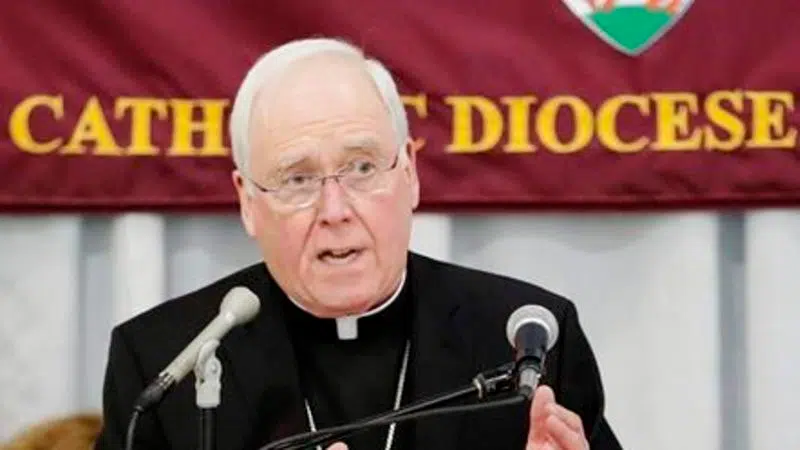
Buffalo bishop resigns under fire for handling of misconduct
NEW YORK — Bishop Richard Malone of Buffalo resigned Wednesday, forced to step aside amid mounting calls for his ouster from his staff, priests and public over his handling of allegations of clergy sexual misconduct.
The Vatican said Pope Francis accepted the resignation and appointed Edward Scharfenberger, the bishop of Albany, New York, to run the Buffalo Diocese until a permanent replacement is found.
Malone insisted he had decided to retire two years before the mandatory retirement age of 75 on his own accord, after much prayer and discernment. However, the Vatican embassy to the U.S. said Malone only offered to retire after learning the results of a Vatican-mandated investigation into the western New York diocese and its handling of abuse claims.
In a statement, Malone said he had come to believe “that the spiritual welfare of the people of the Diocese of Buffalo will be better served by a new bishop who perhaps is better able to bring about the reconciliation, healing and renewal that is so needed.”


